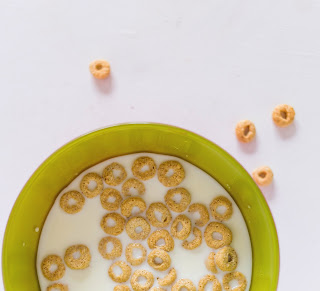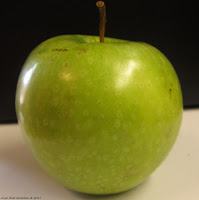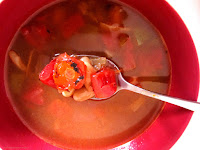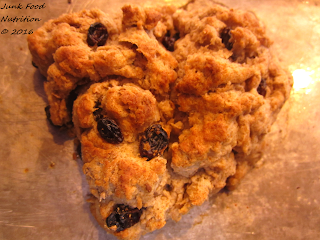How My Diet Has Changed

I will be honest. I have not always been a good eater. Even after I became interested in nutrition, my diet was not as good as it is today. Fifteen years ago (or more!), I decided to become a dietitian & started learning about nutrition...I switched from eating one processed breakfast to another, though. I cut back on processed toaster pastries & replaced them with cereal. Less calories & sugar means it's healthier, right? At least, that's what I thought. I still eat cereal on occasion, because it is convenient. But, now, I look for something with nuts & seeds for protein. Other protein choices at breakfast include cottage cheese, yogurt, and tofu. Several brands of frozen waffles & pancakes offer higher-protein versions. Occasionally, I will eat eggs or vegetarian sausages. (I don't eat meat, but meat is another protein choice.) For lunch, I often ate peanut butter on bread, carrots, & applesauce. That's four food groups--protein, grains, veg...





